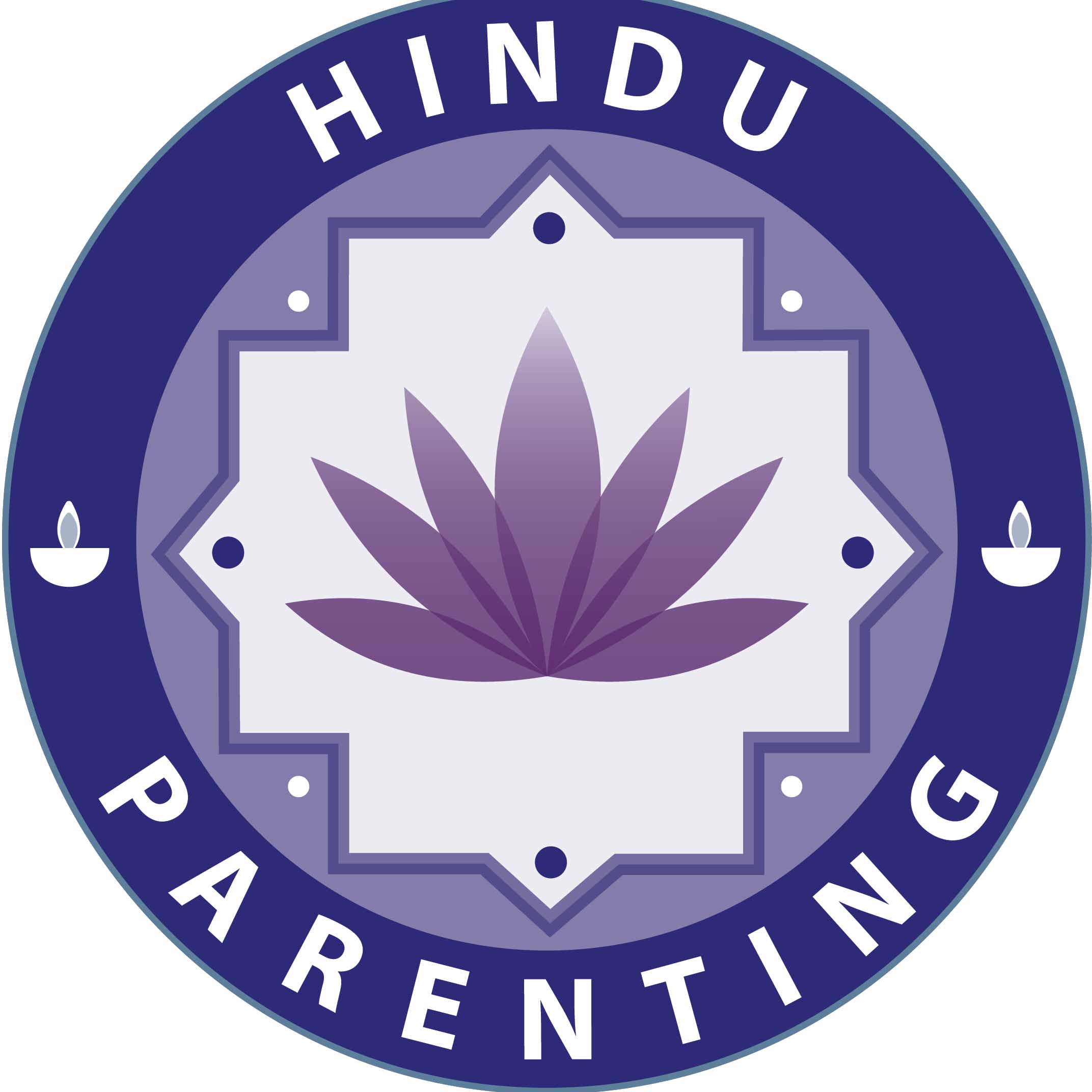Celebrating Maha Shivaratri
Description
In this episode, we talk about the festival of Mahashivarathri.
We converse with Sheela, a Shiva bhakta and a working mother and have a freewheeling discussion on not just Maha Shivarathri but a lot more.
General Information
Subscribers are requested to look for The Hindu Parenting notification emails for new podcasts/posts in their email promotions/spam tab and personally move these into the main inbox. Thereafter all posts will be delivered to their main inbox. Thank you!
For questions that you’d like us to address, please use the form below:
Hindu Parenting Questions
For comments and suggestions, please use the comments tab or write to us at [email protected]
Please note that questions will not be answered on email.
Do subscribe to our substack and follow us on our social media handles
Twitter: hinduparenting
Instagram: hinduparenting
Telegram: t.me/hinduparenting
Facebook: facebook.com/groups/hinduparenting
Transcript
Rekha
Namaste!
Welcome to the Hindu Parenting podcast. As we pointed out in the previous episode, ours is a celebratory culture. Almost every day in our calendar is filled with a celebration of nature or episodes from our rich itihasas and puranas. Our ways of celebration are equally rich and diverse. Today, we will be talking about the festival of Maha Shivaratri. So, when does Shivaratri occur according to the Indian calendar, traditionally known as the Panchangam? The 14th day or chaturdashi of Krishna paksha just before the new moon marks Shivaratri every month, making it 12 Shivaratris in all, but the Shivaratri that falls on Krishna paksha chaturdashi in the month of Magha, or Phalgun, depending on the specific panchang is called the Maha Shivratri. To discuss this festival, we have Sheela, a Shivabhakta, and a working mother. Shalini and I will be talking to her about the festival and how she celebrates it as a person from the Lingayat community. Namaskara and welcome, Sheela.
Sheela: Namaskara Rekha, Shalini. Thank you so much for having me on your podcast.
Rekha: It's a pleasure to have you on our podcast. Shall we dive right in? First, can you help us understand the significance of the festival? And what are the stories behind Shivaratri?
Sheela: Sure. As we all know, the Shivaratri is celebrated every month or there is a Shivaratri every month, or day before the amavasya is considered Shivaratri every month. But in the Magha maasa, we celebrate Maha Shivratri. It is believed that when the samudra manthana happened, there was amrita and visha that came out of the samudra manthan, after the churning of the sea. So when the poison had generated, it caused a lot of problems even to the God. So Shiva offered to consume this haalahala is what they call it. So it so happened that when he consumed it…
Shalini: Sorry, what is called haalahala?
Sheela: The poison or visha, what we say. Vish, that is called haalahala. Okay, so amrita and haalahala, is what it's called. Shiva is the Lord of the world, is what we call Jagaddodharaka. So for the uddhara of pruthvi or this sampoorna loka, he came forward and said that he would consume that and dissolve that so it doesn't affect the whole world. So when he consumes this haalahala, when it's flowing down his throat, Parvati comes and holds his throat so it doesn't enter his body system. So that's how his throat has turned blue. So if you if you see the picture of Lord Shiva, it is always shown that his neck is blue in color, that’s the reason he's also got the name Neelakantha. We can relate this to a story like how in the villages, if a person is bitten by a poisonous snake, he is kept awake for 24 hours. So that is what happened when Shiva consumed the haalahala, all the devas and devatas and the devis kept him awake by singing and dancing and performing different activities. This kept Lord Shiva awake. So that is a reason that we perform pujas on Shivaratri. So in the same way they did not eat anything. It's it's also…you can think this way;
More Episodes
In Episode 42, we speak with a Homeschooling mother from USA. This podcast assumes special significance because it is being aired at a time when the woke phenomenon is rampaging through American educational institutions.
There is a rising tide of anti-Hindu literature being circulated in American...
Published 05/03/24
Hindu Parenting Podcast Episode 41 is a conversation with Dr. Omendra Ratnu, a practising ENT surgeon who also has an abiding passion for culture, history and Dharma. Dr. Ratnu runs an NGO, Nimittekam, to rehabilitate minority refugees from Pakistan in Bharat.
Dr. Ratnu has a keen interest in the...
Published 04/27/24
Published 04/27/24


